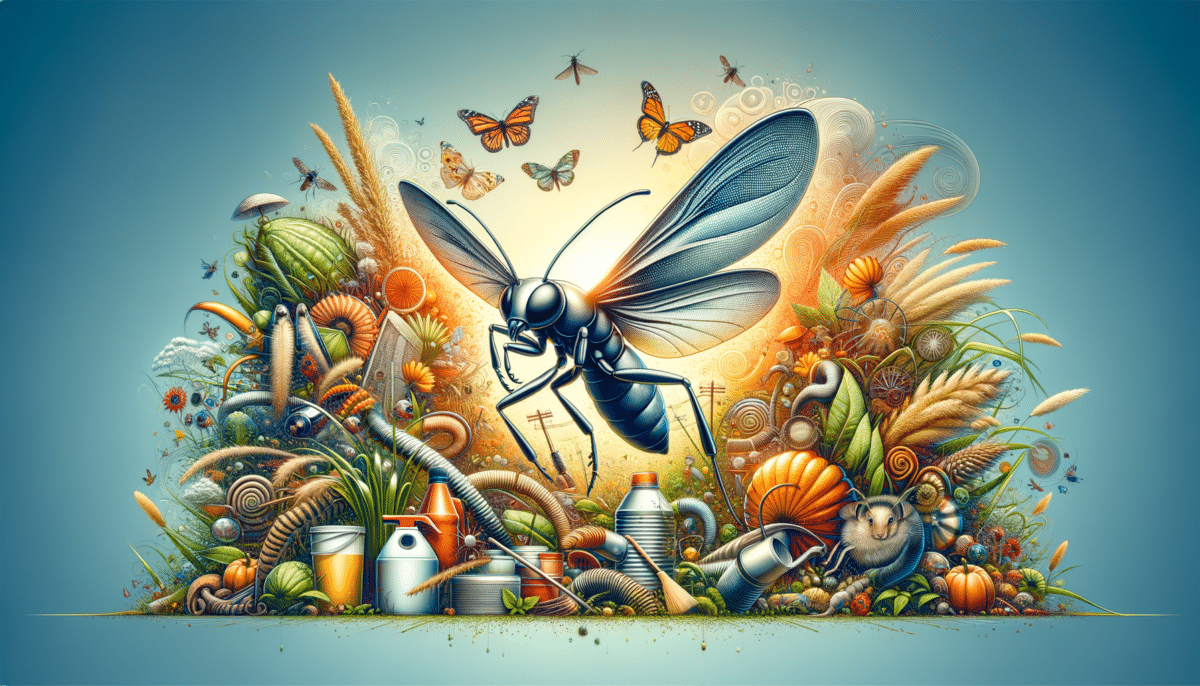Introduction to Pest Control
Pest control is an essential aspect of maintaining a safe and healthy environment in both residential and commercial spaces. From the smallest ants to larger rodents, pests can cause significant damage to property and pose health risks to humans and animals. Understanding the various methods of pest control can help in effectively managing and preventing infestations. This article delves into the importance of pest control, exploring various strategies and solutions to keep your space pest-free.
Types of Pests and Their Impact
Pests come in various forms, each with distinct characteristics and impacts. Common household pests include insects like ants, cockroaches, and termites, as well as rodents such as mice and rats. Each type of pest presents unique challenges:
- Insects: These can spread diseases and cause allergies. Termites, for instance, can compromise the structural integrity of buildings.
- Rodents: Known for spreading diseases and causing electrical fires by gnawing on wires, rodents can be particularly troublesome.
- Birds: While not commonly thought of as pests, some birds can damage crops and spread diseases.
The impact of these pests extends beyond physical damage. They can affect mental well-being by causing stress and anxiety. Recognizing the signs of pest infestations early can prevent costly repairs and health issues.
Preventive Measures and Regular Maintenance
Prevention is often the first line of defense against pests. Implementing regular maintenance routines can significantly reduce the likelihood of infestations. Here are some effective preventive measures:
- Sealing Entry Points: Ensure that doors, windows, and any cracks in the walls are properly sealed to prevent pests from entering.
- Proper Waste Management: Regularly dispose of garbage and maintain clean surroundings to avoid attracting pests.
- Regular Inspections: Conduct routine inspections of your property to identify potential pest habitats.
By adopting these measures, you not only protect your property but also contribute to a healthier and more pleasant living environment.
Integrated Pest Management (IPM)
Integrated Pest Management (IPM) is a holistic approach to pest control that combines various strategies to manage pests effectively. IPM focuses on long-term prevention and minimal use of harmful chemicals. Key components of IPM include:
- Monitoring: Regular observation and identification of pest activity to make informed decisions.
- Biological Control: Utilizing natural predators or parasites to control pest populations.
- Cultural Practices: Modifying the environment to make it less conducive to pests.
IPM is a sustainable approach that prioritizes environmental health and safety, making it a preferred choice for many homeowners and businesses.
Choosing Professional Pest Control Services
In some cases, professional pest control services may be necessary, especially for severe infestations. When choosing a service, consider the following factors:
- Experience and Reputation: Look for companies with a proven track record and positive customer reviews.
- Methods Used: Ensure that the company employs safe and environmentally friendly methods.
- Cost and Guarantees: Compare pricing and check if they offer guarantees for their services.
Professional pest control services can provide peace of mind and ensure that your pest problem is handled efficiently and effectively.
Conclusion: Maintaining a Pest-Free Environment
Effective pest control is crucial for maintaining a safe and healthy environment. By understanding the types of pests and their impacts, implementing preventive measures, and considering professional services when necessary, you can protect your property and well-being. Adopting a proactive approach to pest management not only safeguards your home or business but also contributes to a healthier ecosystem.
